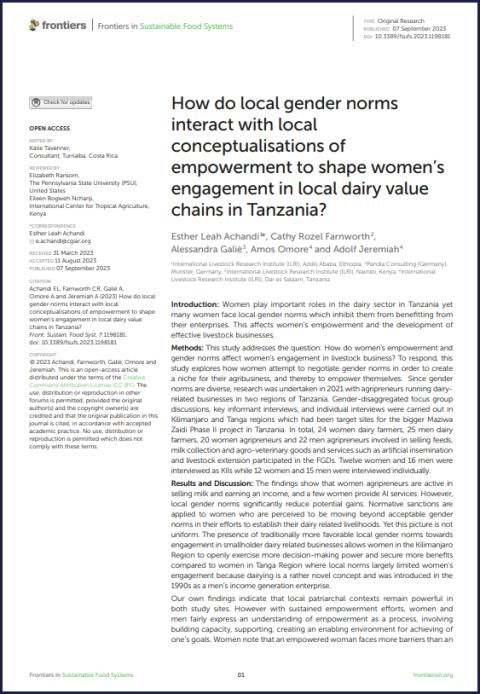
- Report
- 15 January 2024
Transforming gender norms for women’s economic rights and empowerment
- Author: Rachel Marcus, Aatif Somji
- Published by: ALIGN
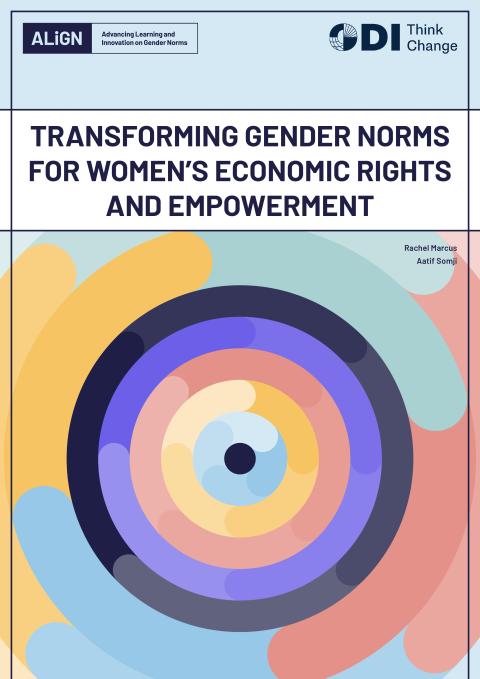
Gendered economic inequalities are among the most persistent and significant of all global gender gaps. An important contributing factor remains the underlying gender norms that keep women excluded from economic gains. Often, economic interventions and approaches pay no attention to gender norms, and fail to explicitly tackle what continues to inhibit women’s rights and empowerment.
ALIGN’s new report outlines key evidence and learning from successful approaches to shift the norms that underpin gendered economic inequalities at community, workplace and policy levels.
It brings together evidence on how gender norms underpin some of the stickiest inequalities in:
- labour force participation
- control of assets
- returns to entrepreneurship
- control of finances and access to financial services.
The report focuses on the most promising ways to shift gender norms to realise women’s economic rights and promote women’s economic empowerment, through direct and indirect interventions. This ALIGN research provides cutting-edge evidence to be both a guide and inspiration to everyone concerned with tackling gendered economic inequalities: from policymakers and practitioners, to businesses, researchers and advocates.
Key messages
- Gendered norms and economic inequalities persist in areas such as unpaid care work, gender-based violence and economic decision-making - with progress stagnating or even reversing in many countries.
- Norms holding back women’s economic empowerment across any given context are entrenched and sticky. Norms are not always the most important factor but intersect with other aspects, including the overall economic, political and legal environments, and the extent and quality of public service provision.
- Direct and indirect approaches should be combined to shift norms most effectively in four key areas to enhance women’s economic outcomes. Direct approaches seek to change mindsets; indirect approaches seek to change the conditions, systems and structures that underpin a norm.
- Four fundamental areas to transform norms for women’s economic rights and empowerment are: employment, non-financial assets, financial inclusion and entrepreneurship.
Share this report
NEW REPORT 🚨 Transforming gender norms for women’s economic rights & empowerment
New flagship research by @ALIGN_Gender outlines the evidence on overcoming economic inequalities by shifting #gendernorms.
- Tags:
- Economic empowerment
- Countries / Regions:
- Global
Related resources
Report
26 March 2025
Published by: ALIGN, CIEDUR
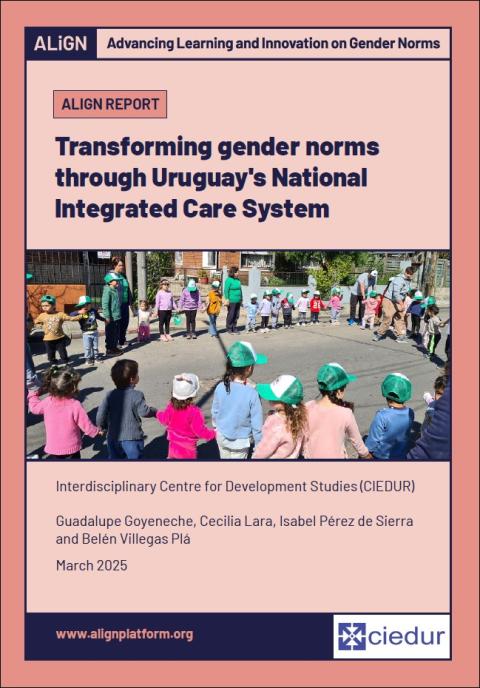
Report
20 March 2025
Published by: ALIGN, FAADEV
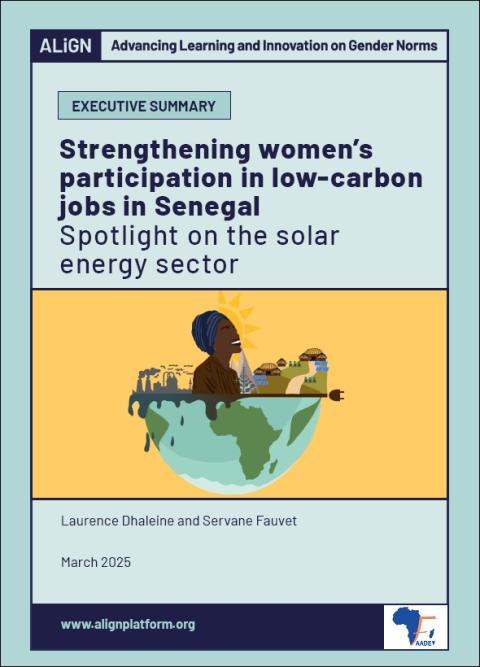
Report
20 March 2025
Published by: ALIGN, Restless Development
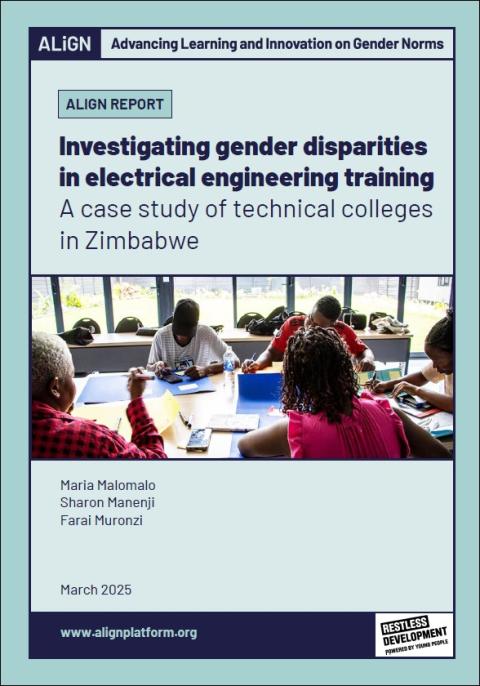
Blog
19 December 2024
Published by: ALIGN

Report
9 October 2024
Published by: Care
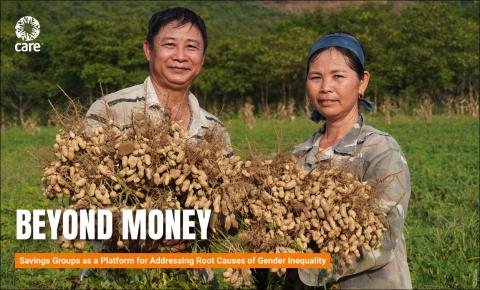
Report
17 June 2024
Published by: Deloitte Access Economics

Blog
3 April 2024
Published by: ALIGN

Blog
8 January 2024
Published by: ALIGN

Report
1 November 2023
Published by: Gender Equality Initiative
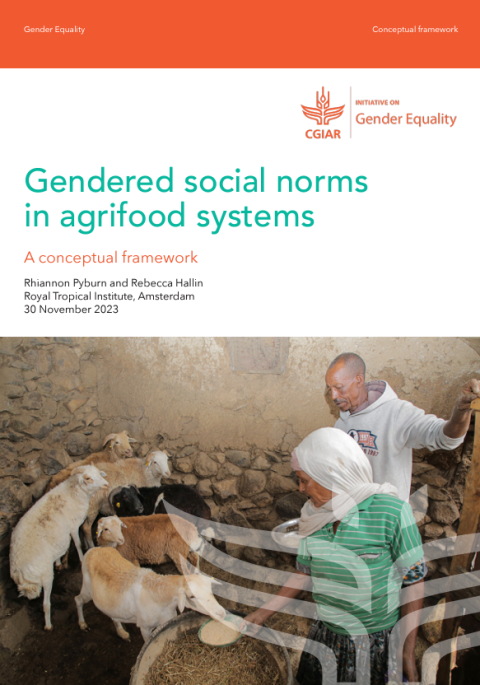
Briefing paper
26 October 2023
Published by: ODI
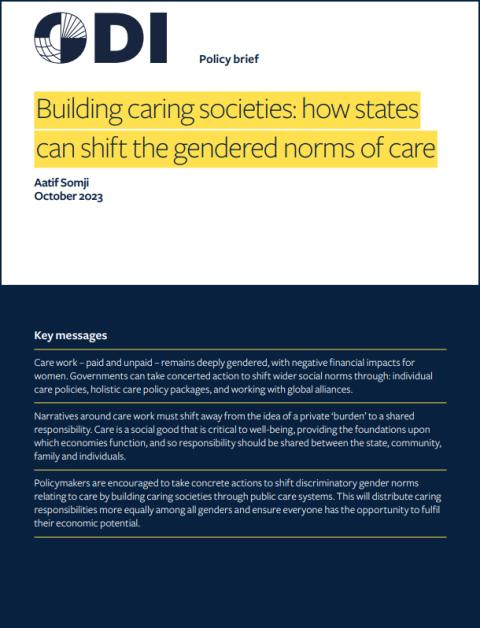
Case study
25 September 2023
Published by: Social Norms Learning Collaborative, Nigeria Learning Collaborative
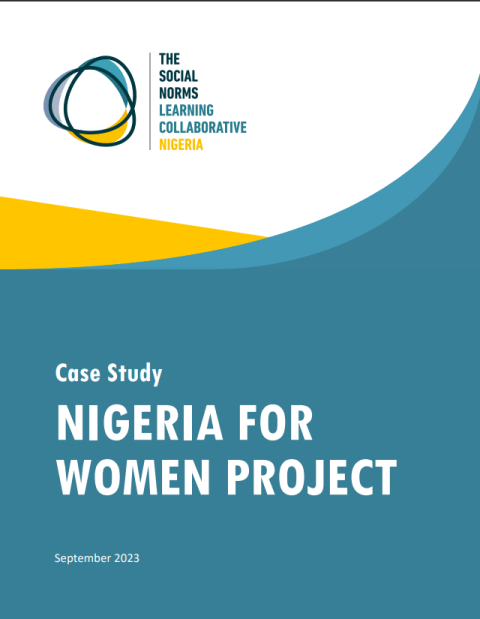
Journal article
7 September 2023
Published by: Frontiers
